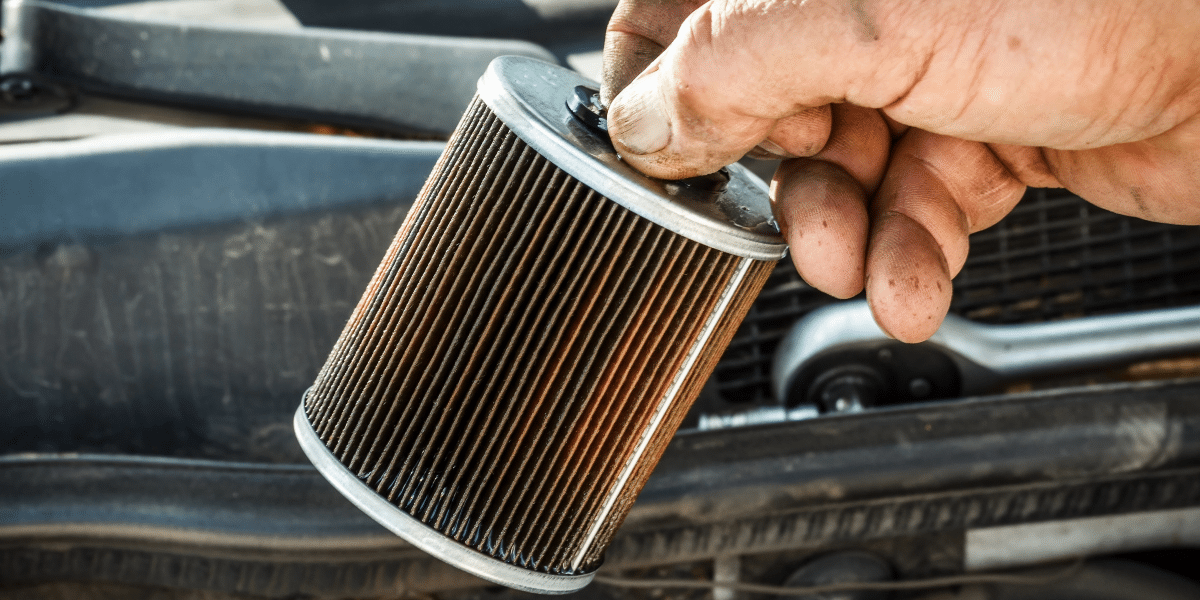As the challenge of combating pollution mounts, a concerning revelation has emerged. Recent studies have found that vehicles equipped with exhaust filters still emit ultrafine particles, one of the most hazardous components of pollution. This is a troubling indication that despite technological advances aimed at reducing emissions, there are still serious health risks associated with vehicle exhaust.
Are Vehicle Exhaust Filters Failing Us?
It’s common knowledge that our cars emit pollutants, but did you know that many vehicle exhaust filters fail to capture the smallest, most dangerous particles released into the air? According to new studies, these microscopic pollutants could be slipping through and posing serious public health risks. This new evidence brings an alarming reality to light. While significant progress has been made in reducing some types of emissions, our cars are still a major contributor to air pollution, especially in urban areas.
The Hidden Health Hazards
For years now, car manufacturers have reassured their clients that their current-day offerings come equipped with cutting-edge emissions control technology, including filters engineered to trap harmful particles. These ‘state-of-the-art’ systems are meant to keep our environment cleaner and protect human health. Ultrafine particles (UFP)—particles smaller than 100 nanometers—can penetrate deep into the lungs and even enter the bloodstream, causing a wide array of health issues from respiratory problems to cardiovascular issues. These particles are so minute that most vehicle exhaust systems don’t effectively filter them, and when they accumulate in the air, they can become a significant health hazard.
Research finds that UFPs are more than just an inconvenience; they’re detrimental to human health. A recent study by the University of Birmingham found that filters installed in current-gen vehicles failed to eliminate UFPs from the exhaust. This study result could have far-reaching implications for public health policies and urban planning.
According to data from a monitoring station in Marylebone Road, which has been collecting information since 2010, larger particles like black carbon have decreased by 81% between 2014 and 2021. However, the number of ultrafine particles only dropped by 26%. Even more concerning is that the smallest group of particles, measuring less than 30 nanometres, showed no reduction at all. This highlights the inefficiency of filters against these types of particles. The concentrations of UFPs at the Marylebone Road site were double the recommended limit set by WHO guidelines.
The Emissions Dilemma
As vehicles on roads worldwide continue to rise, traffic emissions have become a critical focus for environmentalists, health experts, and policymakers. Despite advancements in vehicle technology and cleaner fuels, the current crop of exhaust filters might not be up to the task of protecting public health and reducing pollution levels.
Many countries have regulations that set strict limits on the amount of tailpipe emissions, but regulations often prioritize the reduction of larger particles, such as those that cause visible smog. In contrast, UFPs, even in lower concentrations, are concerning due to their potential for profound health impacts.
The challenge is to engineer solutions that can capture these tiny particles before they’re released into the environment. This could involve rethinking the design and materials used in vehicle exhaust systems and developing more stringent testing procedures to ensure the filters adequately protect public health.
Finding the Road to Safer Air
So, what can vehicle owners do to make a difference? While there’s no immediate fix for the millions of cars already on the road, there are steps individuals can take to reduce their contribution to air pollution. Regular maintenance and servicing can help ensure your vehicle’s exhaust system functions properly. In addition, consider reducing the amount you drive, carpooling to work, or using public transportation when possible.
For those in the market for a new vehicle, consider the environmental impact of the model you choose and look for information regarding the filtration systems of different cars. It’s also worth looking into a diesel emissions claim for those with existing diesel vehicles. A diesel claim is a legal action against a car manufacturer suspected of using emissions-cheating devices in your vehicle. Similar to the Diesel gate scandal of 2015, individuals can file for compensation. Diesel vehicle owners can check their eligibility at Emissions.co.uk.
Conclusion
As our understanding of the risks posed by UFPs grows, the onus is on consumers and manufacturers to make choices that prioritize human health. Developing and implementing more effective exhaust filters are essential, but it’s a complicated task that requires collaboration between the automotive industry, researchers, and policymakers.
Vehicle owners can advocate for stricter regulations, hold manufacturers accountable for diesel claims, and support initiatives that promote cleaner air. By staying informed and vocal about these issues, we can push for change that benefits everyone. The road to reducing air pollution is long, but with concerted efforts, we can ensure cleaner, safer air for this generation and the ones to come.
Published By: Aize Perez



















